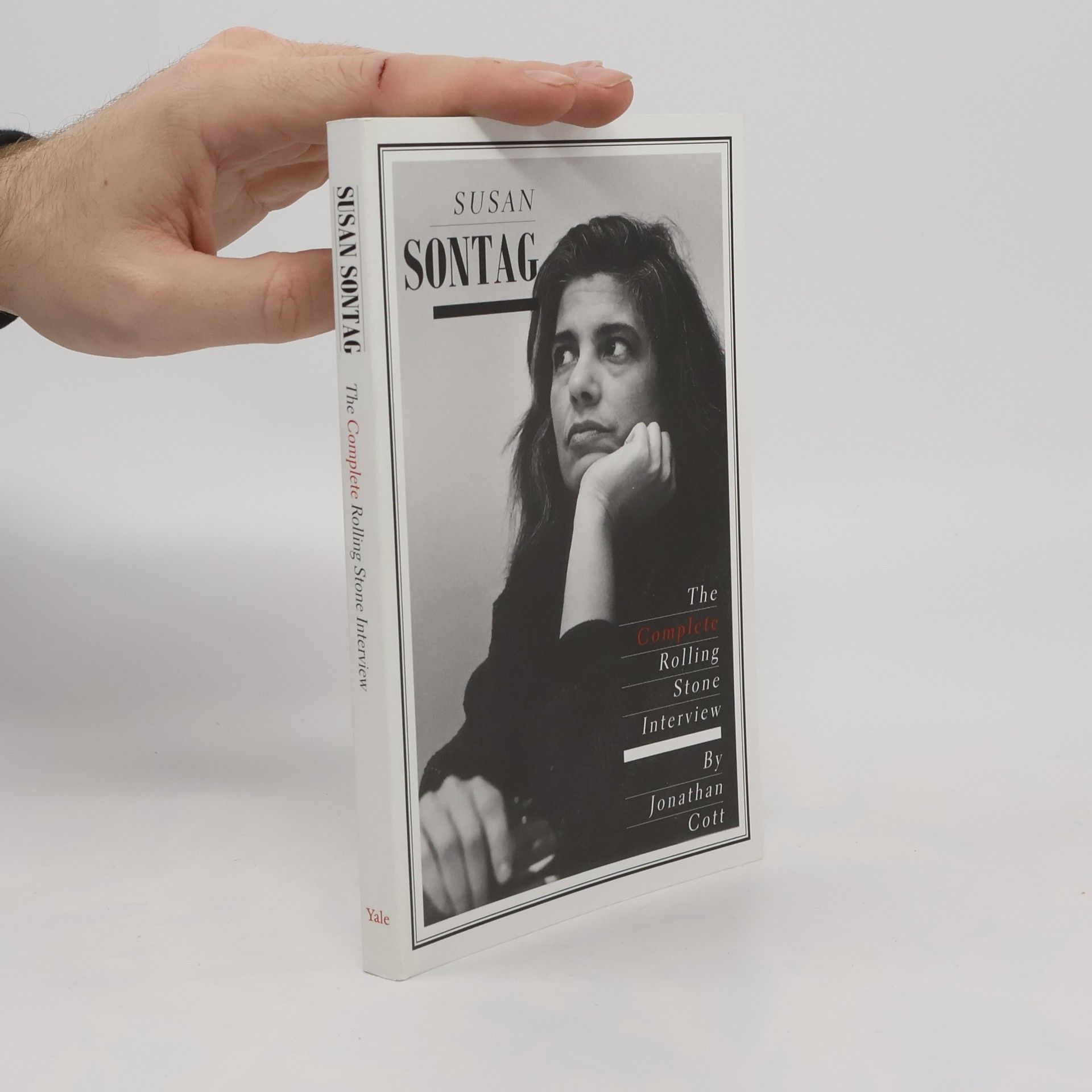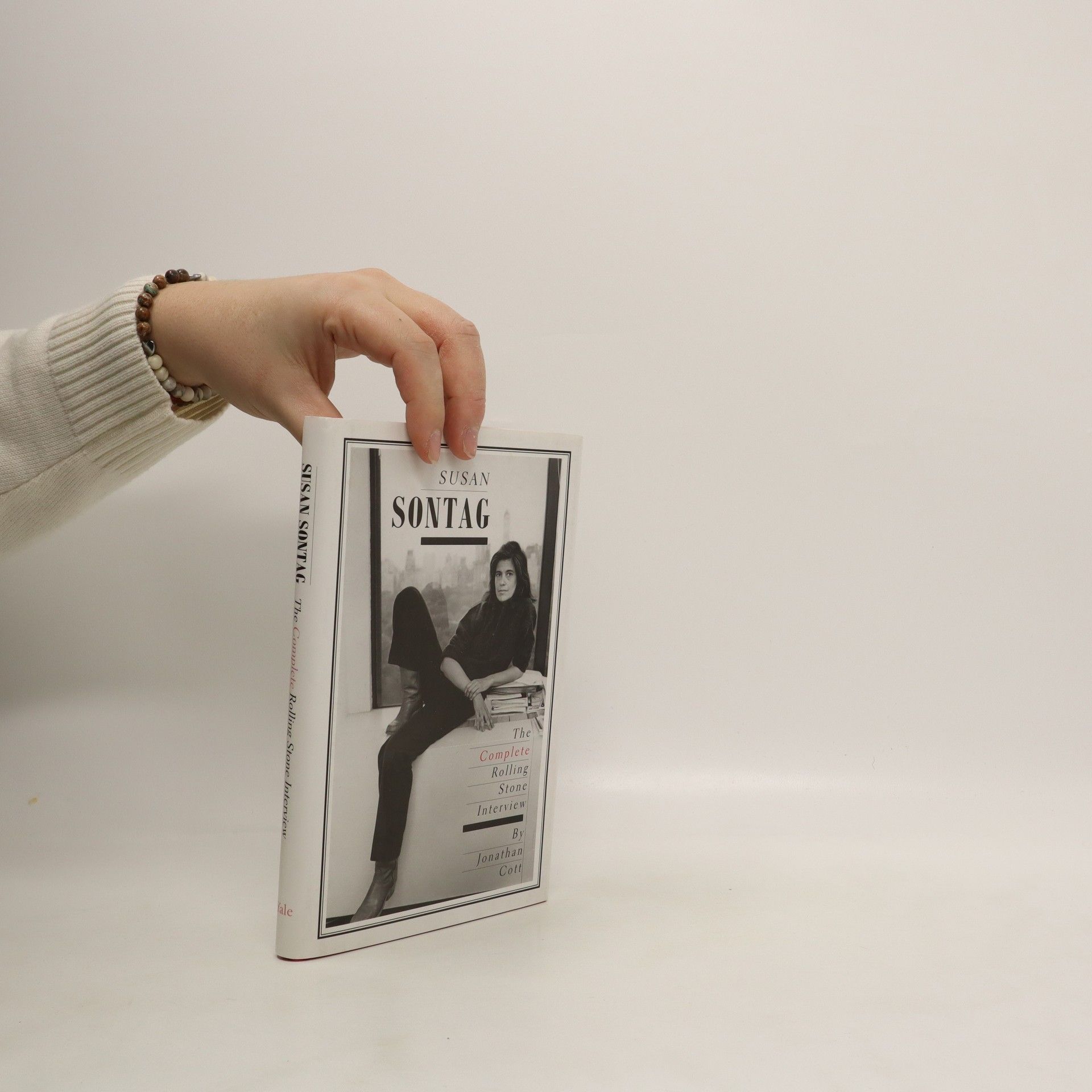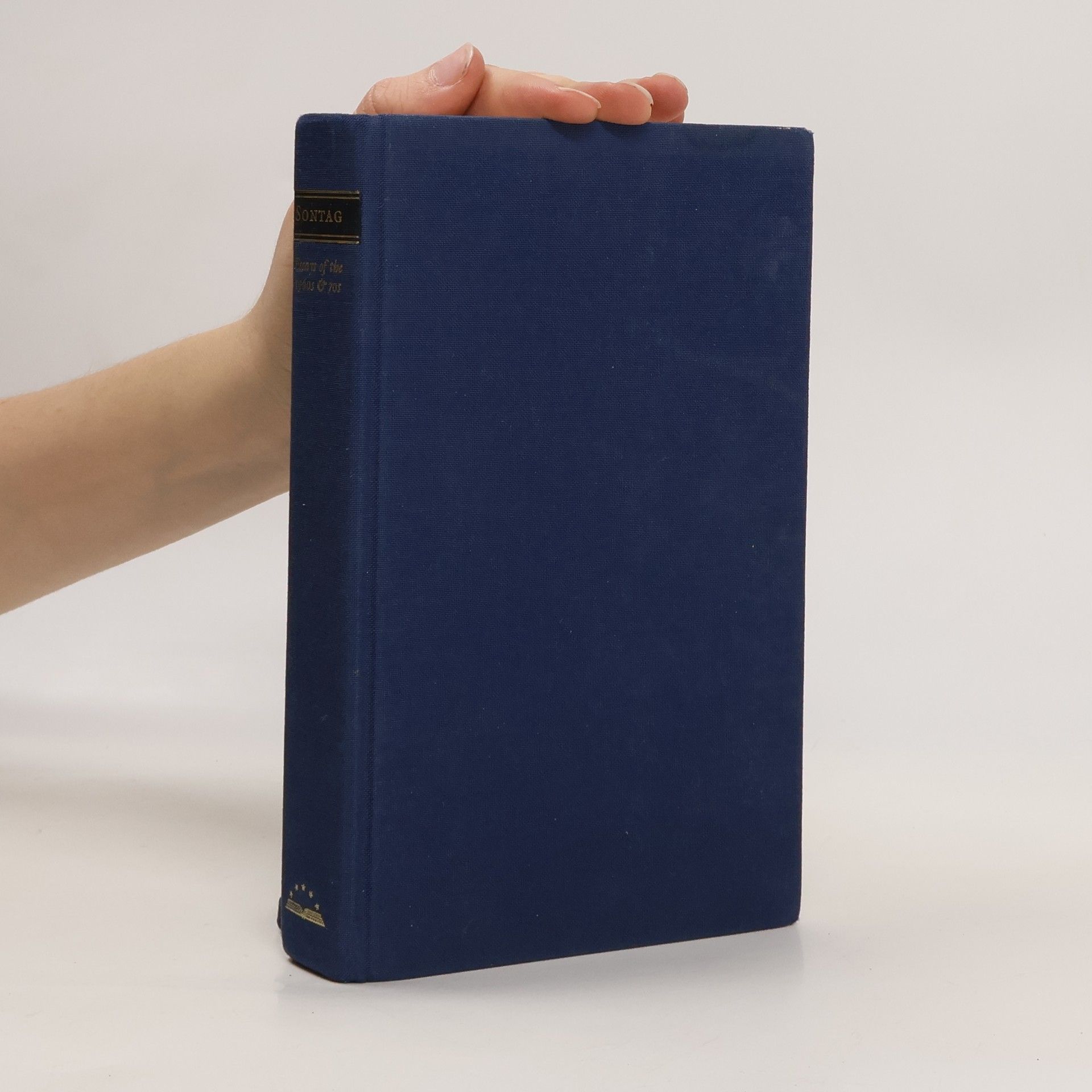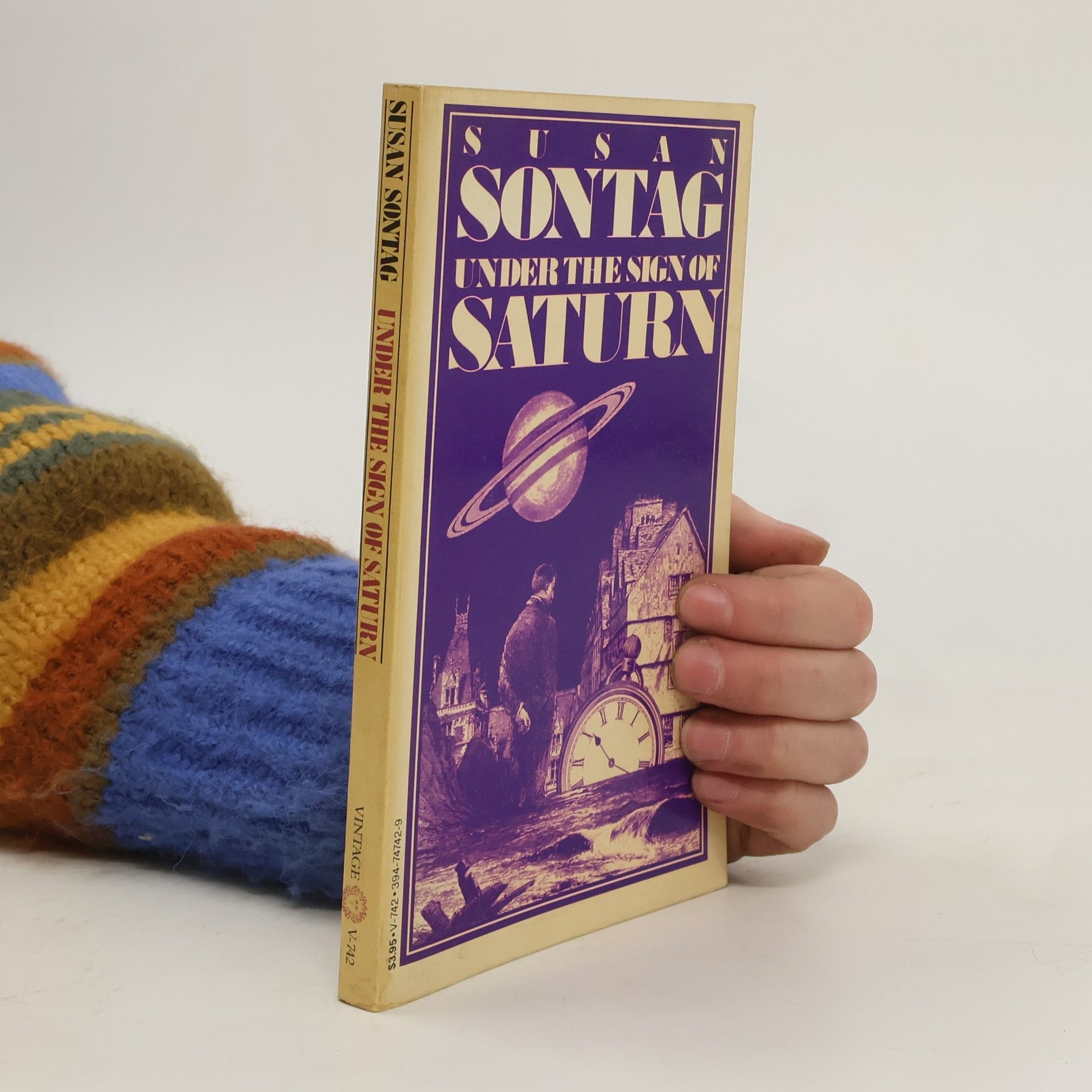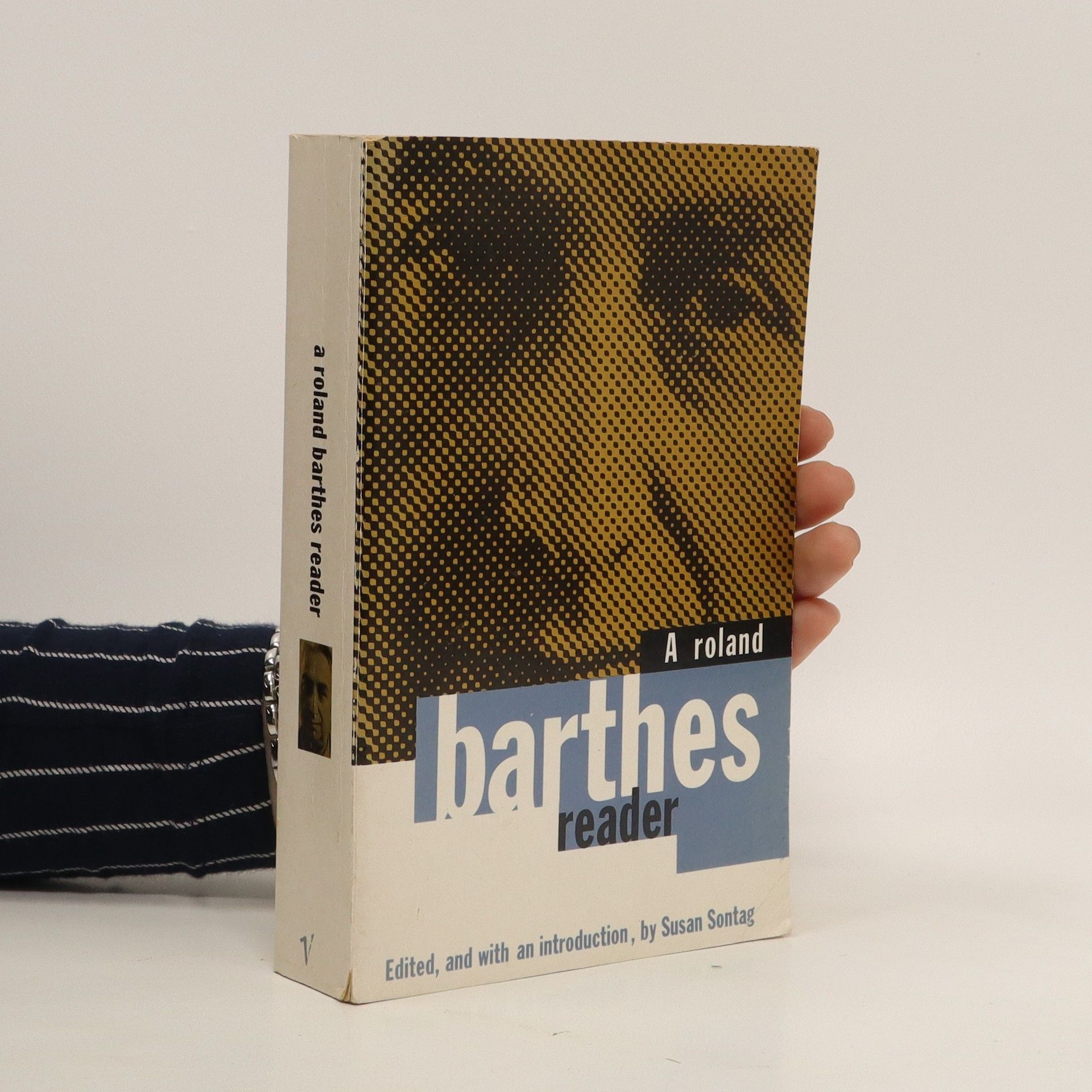Susan Sontag: Later Essays
- 865 pages
- 31 hours of reading
This collection presents the later writings of a provocative critic, showcasing essays and speeches from the last quarter-century of her life. It covers a wide array of subjects, including the AIDS epidemic, 9/11, the Iraq war, and the allure of Fascism, alongside reflections on painting, dance, music, and film. The works feature literary portraits of notable figures such as Walter Benjamin, Roland Barthes, and Jorge Luis Borges, reflecting her passionate curiosity and expansive intellect. With unwavering focus and intensity, she challenges our understanding of human life, as highlighted in her acceptance speech for the Jerusalem Prize in 2000. Her experience in war-torn Sarajevo while staging Waiting for Godot becomes a profound meditation on culture and human dignity, emphasizing what people in conflict zones feel they have lost. Additionally, "AIDS and Its Metaphors" builds on the themes of her earlier work, "Illness as Metaphor," while "Regarding the Pain of Others" addresses the moral complexities of depicting violence and atrocity through photography. This collection serves as a testament to her enduring impact and insight into the human experience.

